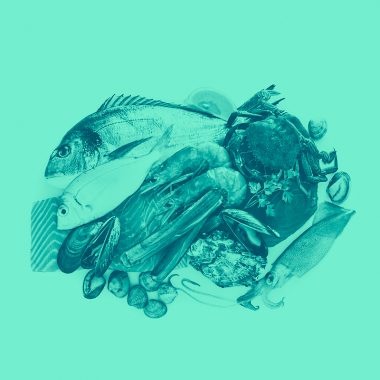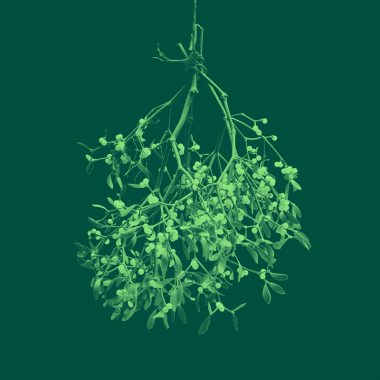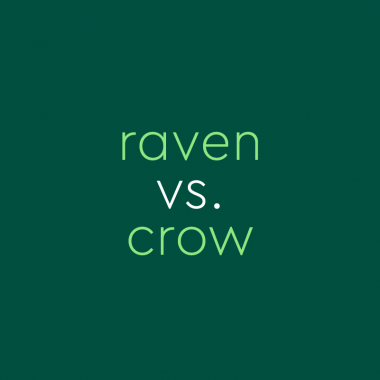“Holistic” vs. “Wholistic”: Do You Know The Whole Difference?
You’ve probably come across the word holistic before. It floats around in yoga retreats and meditation studios, spas, healing centers, and health food stores. Predominantly, but not exclusively. Do you spell it with a W? And when you realized it is normally spelled holistic, did you wonder why it’s not wholistic when it’s clearly about the “whole”? We’ve wondered, too. After all, wholistic would seem a more sensible choice. …











